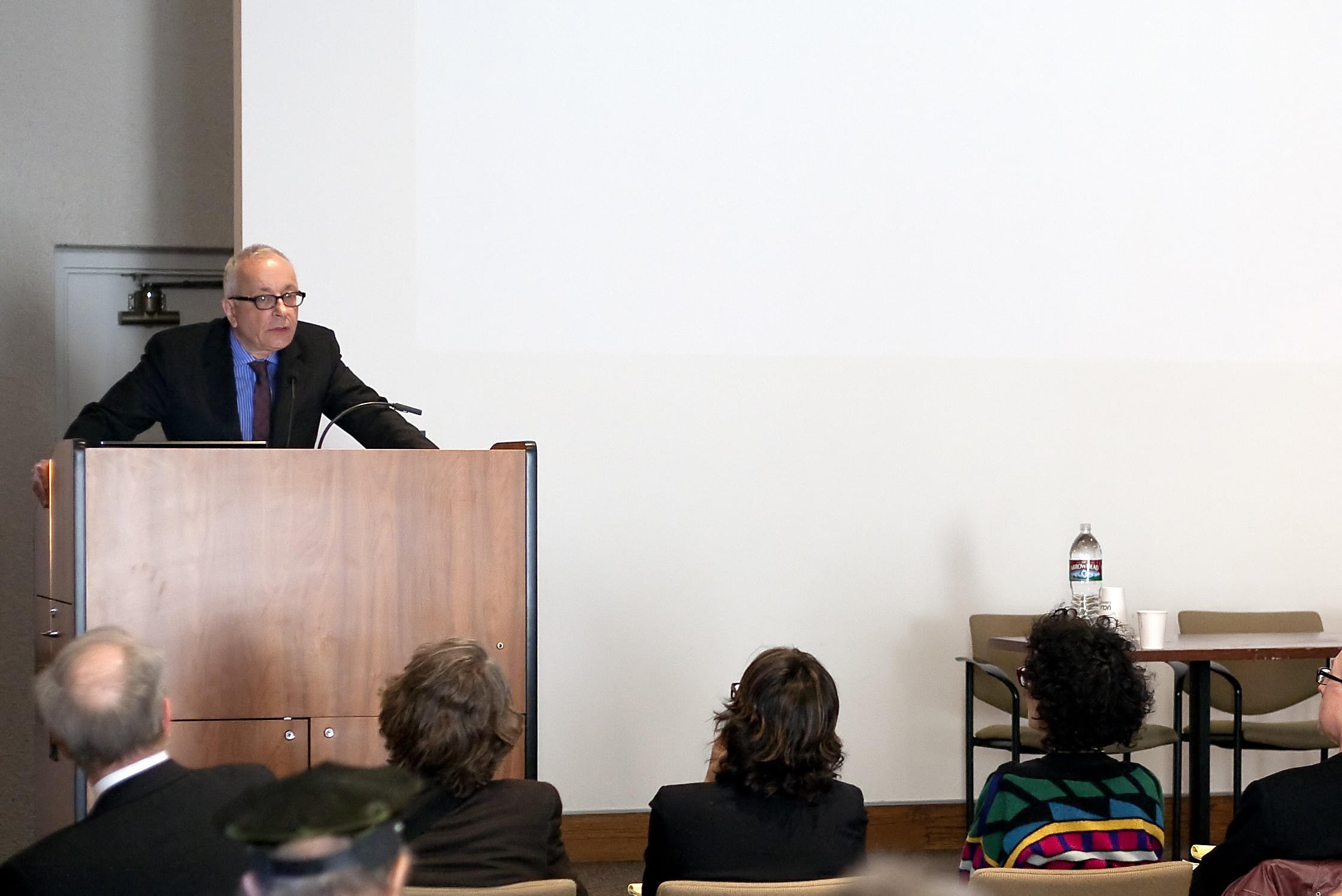Hollywood has a thing for Shakespeare, as is evidenced by more than 400 film and television adaptations of his plays. This is hardly a new phenomenon, however. For proof, one can look to the opera house.
Shakespeare’s plays have been adapted into operas more than 200 times. Monday’s “Shakespeare Opera” conference looks to examine the phenomenon.
The Shakespeare Opera event is sponsored by the UCLA Center for Medieval and Renaissance Studies, the UCLA Friends of English, the UCLA Program in Voice and Opera and L.A. Opera’s Domingo-Thornton Young Artists. It began on Sunday and continues today.
According to Julia Lupton, a professor of literature at UC Irvine and one of the conference organizers, an aim of the event is to discuss the issues that arise when the words of Shakespeare are translated, transformed and ultimately edited down to fit the melodies of a composer’s opera.
Lupton also said she believes that these adaptations can have both strengths and weaknesses.
“Clearly, one of the things that is lost is some of the poetic density and complexity of Shakespeare’s language,” Lupton said. “But what you gain sometimes is a kind of simplified, amplified, purified storyline where the emotions are predominant and the characters are very large in front of us.”
Lupton said parts of the conference will also examine what may have been inherently operatic about Shakespeare to begin with.
“Shakespeare wrote in blank verse, iambic pentameter, so there is a musical quality built into his drama due to the fact that it is metrical. There is this underlying musical character to Renaissance drama that we are not used to anymore in film and television today,” Lupton said.
On Sunday evening, attendees watched as renowned collaborative pianist Warren Jones conducted a master class for both UCLA opera students and L.A. Opera’s Domingo-Thornton Young Artists.
The master class, a type of public lesson common to classical music, was a way for attendees to see all of the opera discussed throughout the day put into practice. Each student performed a work and then received direction from Jones, helping them to further develop their performance skills.
Sahar Shiralian, a second-year literature student, said she believes there is a lot to love about operas based on Shakespeare’s stories, even if the original text has been altered.
“As a literature major, the opera is basically heaven for me because it combines music, drama, and brings my favorite stories to life,” Shiralian said.
Shiralian is coordinating with the L.A. Opera to create a new club on campus, Opera Lovers at UCLA, beginning next quarter. The club aims to make it more accessible and affordable for students to attend L.A. Opera’s productions. Currently playing at the L.A. Opera is Gounod’s Romeo et Juliette.
According to Robert Fink, the chairman of musicology at UCLA, music can help tell the story that omitted words leave behind.
“Opera allows you to get information on two channels at once. You get the words, and you also get the musical accompaniment that can tell you all sorts of things. You can cut out a large part of the poetry and still maintain the emotional tone,” Fink said.
Fink also said that UCLA was fortunate to have internationally acclaimed conductor James Conlon on the program. As the music director for the L.A. Opera, Conlon is giving the final talk of Monday’s conference.
“Opera is a hard thing to do ““ conductors and singers don’t always have the time to engage in the abstractions that scholars deal with. Conlon has been consistently engaged in these things,” Fink said.
Both Fink and Lupton said that the strength of this conference is in its interdisciplinary nature.
“Usually Shakespeare scholars just talk to other Shakespeare scholars. We’re really trying to bring together scholars and practitioners in opera and Shakespeare studies to create a program that will not only be exciting for insiders,” Lupton said.
